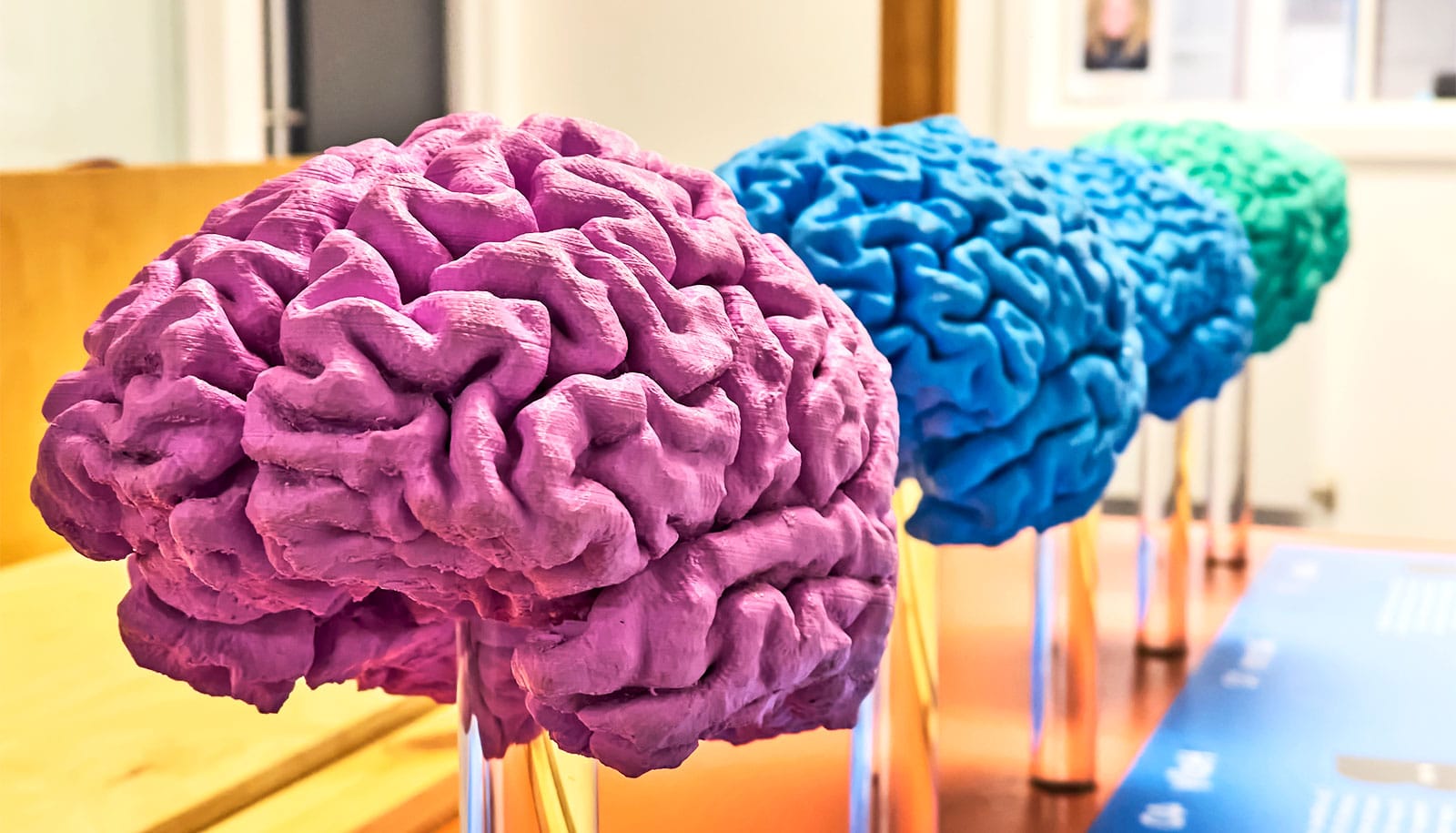The connection between slowed walking speed and declining mental acuity appears to arise in the right hippocampus, a finger-shaped region buried deep in the brain that is important to memory and spatial orientation.
The findings, published in Neurology, suggest that older patients may benefit if their doctors regularly measure their walking speed and watch for changes over time, which could be early signs of cognitive decline and warrant referral to a specialist for diagnostic testing.
“It may not just be that grandma’s getting slow—it could be an early indicator of something more serious.”
“Prevention and early treatment may hold the key to reducing the global burden of dementia, but the current screening approaches are too invasive and costly to be widely used,” says lead author Andrea Rosso, assistant professor of epidemiology at the University of Pittsburgh. “Our study required only a stopwatch, tape, and an 18-foot-long hallway, along with about five minutes of time once every year or so.”
Researchers assessed 175 older adults ages 70 to 79 when they enrolled in the Health, Aging and Body Composition (Health ABC) study in Pittsburgh or Memphis, Tennessee.
At the beginning of the study, participants were all in good mental health and had normal brain scans. Multiple times over 14 years, they walked an 18-foot stretch of hallway at what they deemed a normal walking pace while a research assistant timed them. At the conclusion of the study, the participants were tested again for their mental acuity and received brain scans.
As previous studies have shown, slowing in the participants’ gait, or walking speed, was associated with cognitive impairment. But the new findings also showed that participants with a slowing gait and cognitive decline experienced shrinkage of the right hippocampus. It was the only area of the brain where researchers found a shrinking volume to be related to both gait slowing and cognitive impairment.
Brain rhythm may explain why sleepy brains forget
The study also found gait slowing over an extended period of time to be a stronger predictor of cognitive decline than simply slowing at a single time point. All the participants slowed over time, but those who slowed by 0.1 seconds more per year than their peers were 47 percent more likely to develop cognitive impairment.
“A fraction of a second is subtle, but over 14 years, or even less, you would notice.”
The finding held even when the researchers took into account slowing due to muscle weakness, knee pain and diseases, including diabetes, heart disease, and hypertension.
“A fraction of a second is subtle, but over 14 years, or even less, you would notice,” Rosso says. “People should not just write off these changes in walking speed. It may not just be that grandma’s getting slow—it could be an early indicator of something more serious.”
While slowing gait speed is not a sensitive enough measure to diagnose a cognitive issue, it should be included in regular geriatric evaluations to determine if there’s a need for further testing, the researchers say. If cognitive decline can be detected early, there are therapies that can delay its onset, and the extra time could allow patients and families to plan for the eventual need for assisted care.
Is too much sleep an early sign of dementia?
“Typically when physicians notice a slowing gait in their patients, they’ll consider it a mechanical issue and refer the patient to physical therapy,” Rosso says. “What we’re finding is that physicians also should consider that there may be a brain pathology driving the slowing gait and refer the patient for a cognitive evaluation.”
Other researchers from the University of Pittsburgh and Albert Einstein College of Medicine; Wake Forest University; the University of California, San Francisco; and the University of Tennessee are coauthors of the study.
The National Institutes of Health supported the work.
Source: University of Pittsburgh



